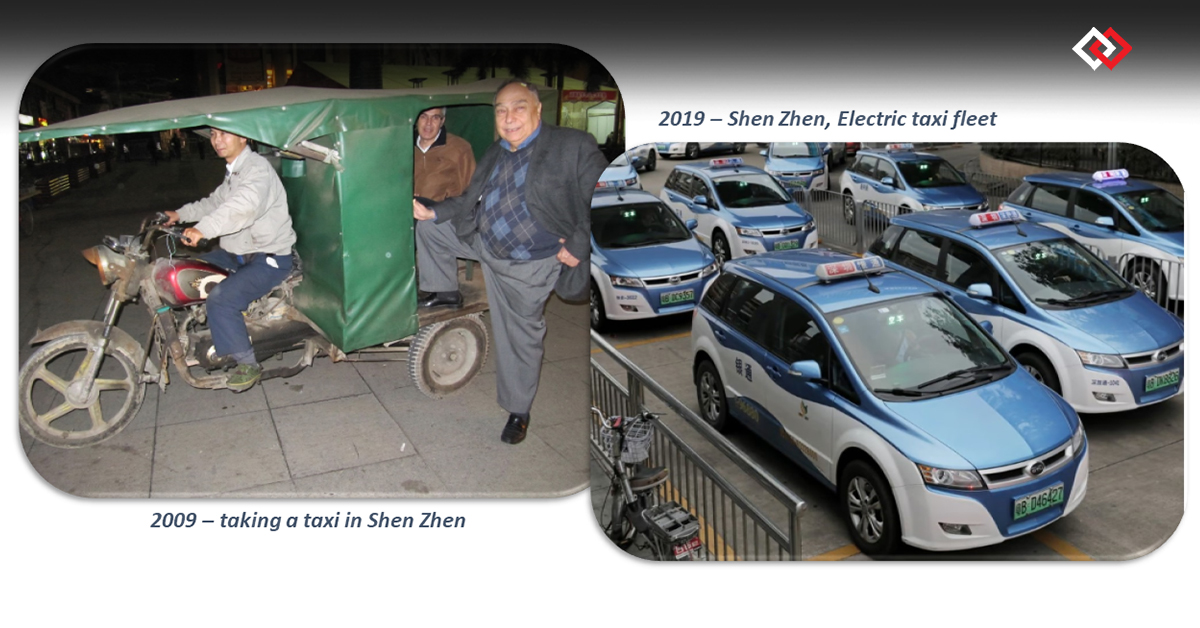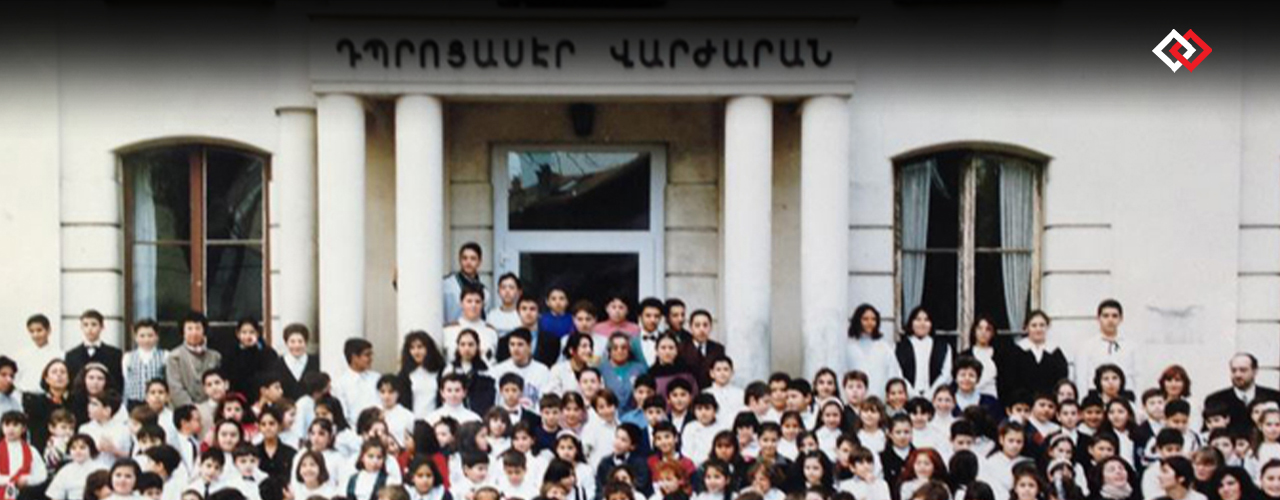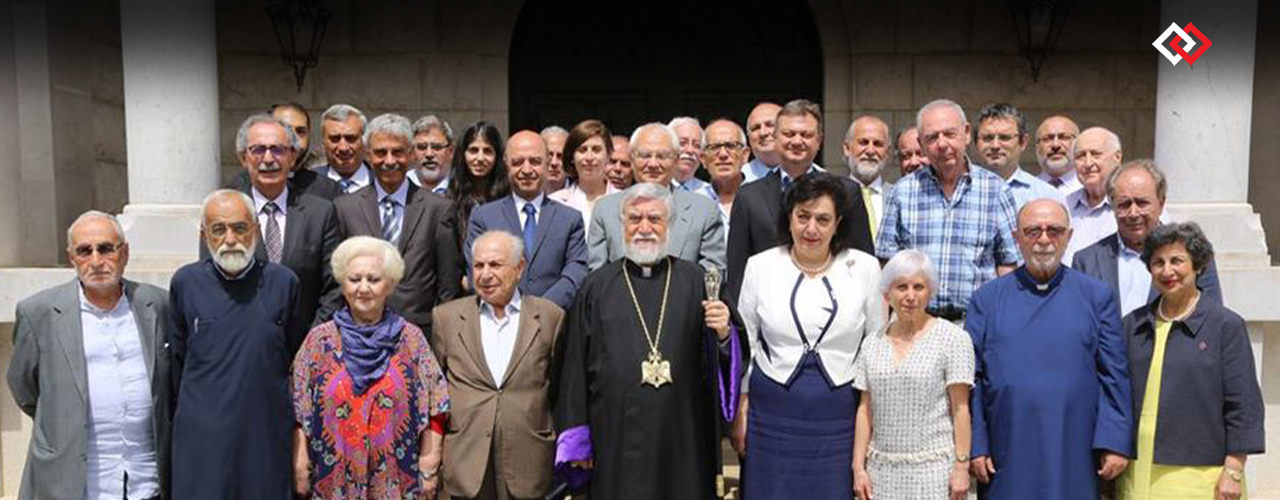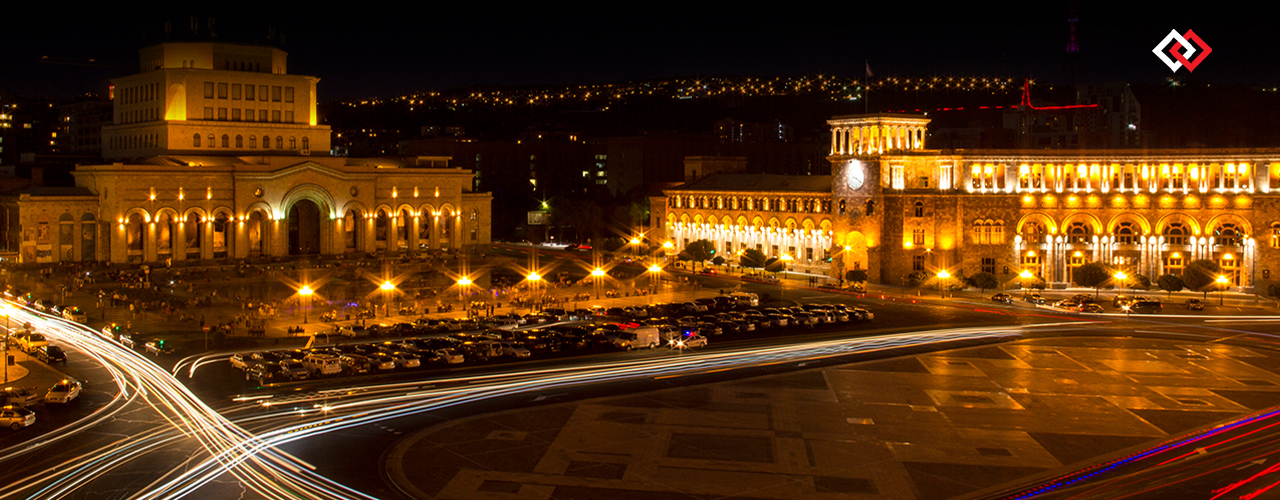I vividly recall my first visit to China in 1991, a time, when it was an underdeveloped nation where a worker’s daily wage barely reached 1 USD. Distinguished individuals of that era were those who owned bicycles. However, within just a decade, I witnessed an incredible socio-economic, educational, and industrial transformation. China’s remarkable progress was highlighted in 2019 when they achieved the historic milestone of softlanding a spacecraft on the dark side of the moon. In that same year, the bustling metropolis of Shen Zhen, with its population of 12.5 million, swiftly replaced its fleet of 20,000 conventional taxis with state-of-the-art electric cars. This progressive shift mirrored similar transitions taking place in various cities across China.
In 1991, Boris Yeltsin assumed power in Russia, a nation blessed with abundant resources such as oil, natural gas, gold and diamond mines, agriculture, industry, aerospace, and a formidable military, standing at a crossroads, faced with critical decisions that would determine its future path.
The leadership in both China and Russia played pivotal roles in shaping the destinies of their respective nations, each charting different courses forward.
On a different front, the European Union (EU) embarked on its journey in 1952 with modest objectives centered around the Coal and Steel Pact. Through incremental steps, it grew into the European Economic Community, a customs union, and eventually the EU with its own currency, the Euro. The leaders who shaped the EU were not driven by any ethical values or fraternity, but rather by their shared interests and the realization that unity was the key to survival.
However, Europeans continue to squabble amongst themselves, each seeking a larger piece of the proverbial pie. Despite over 70 years of existence, they have failed to establish a unified European defense system. Consequently, they rely on strategic decisions guided by the United States, paying a higher price for Russian gas from Azerbaijan while witnessing their industries relocate to the US in search of cheaper energy.
With our rich civilization and a population known for their creativity, there should have been no conceivable reason for us to ever experience defeat in this war! Yet, through witnessing the evolution of nations and societies, we have come to understand the crucial role that leadership plays in shaping the destiny of a nation.
Unlike the Europeans, we cannot afford the luxury of spending years in disunity. We are facing a ticking clock, with time slipping away from us.
Back in April 2015, we had the opportunity to retain five out of the seven regions, preserve the Lachin corridor, and gain international recognition for Artsakh.
Tragically, by November 2020, we had already suffered the loss of over 5,000 young lives, seven regions, as well as Shushi and Hadrut.
In December 2022, the Lachin Corridor followed suit.
In 2023, we experienced further territorial losses from within Armenia itself.
The urgency of our situation is undeniably pressing.
DiasporArm has called upon the active forces of our nation—the founders, co-founders, and directors of our non-profit organizations, namely our leaders — to come together and foster visionary leadership, collaborate to create a thriving and prosperous nation.
The alternative is that the very aspirations we have strived so hard to achieve—a stronger, more successful, and unified nation in Armenia and the Diaspora—may not materialize within our lifetime.
To be continued…
Hovel Chenorhokian
July 2022
Yerevan, Armenia




